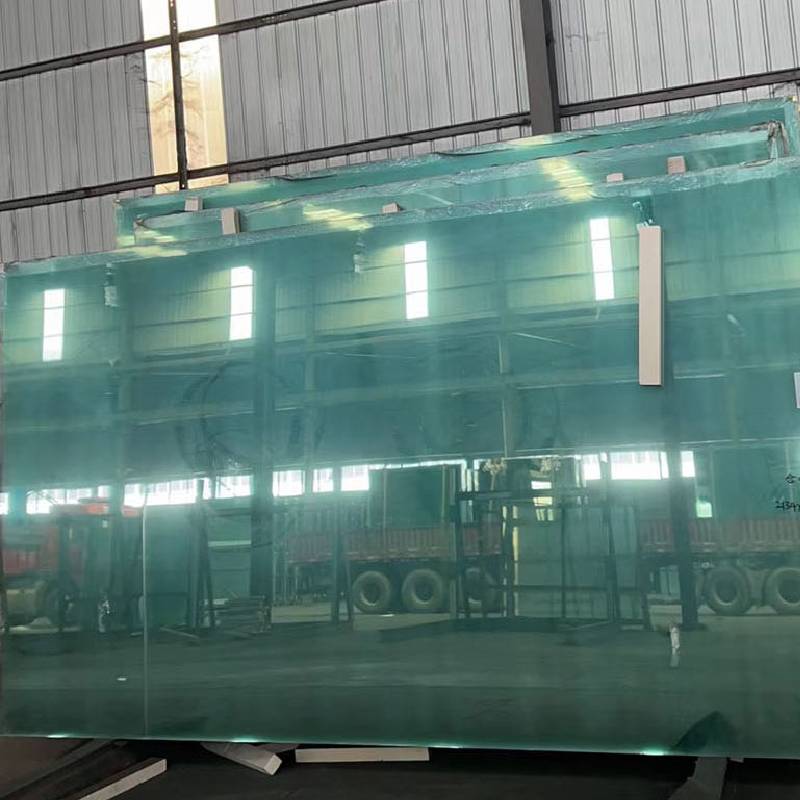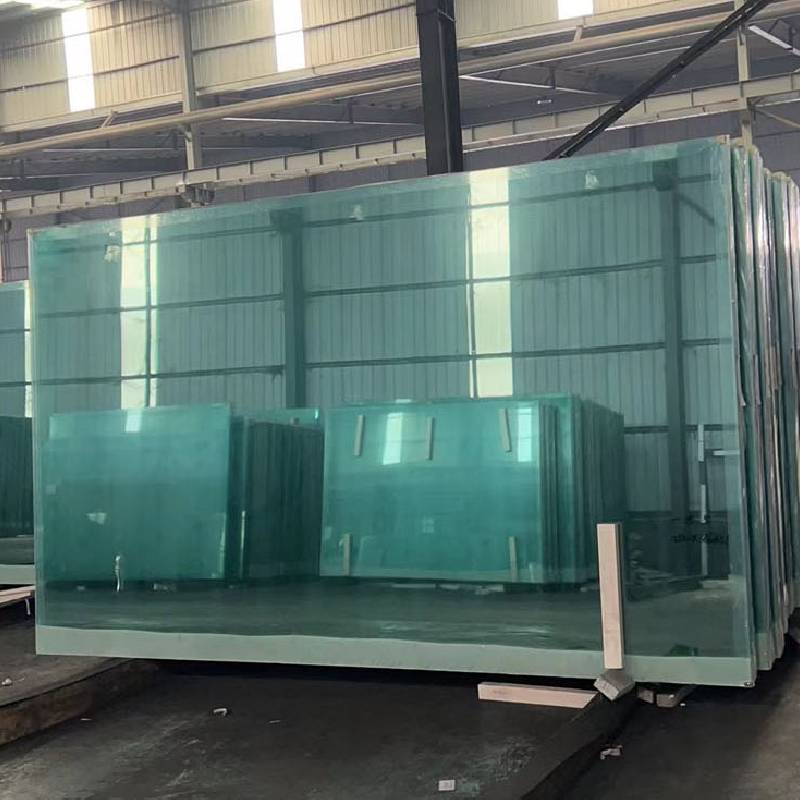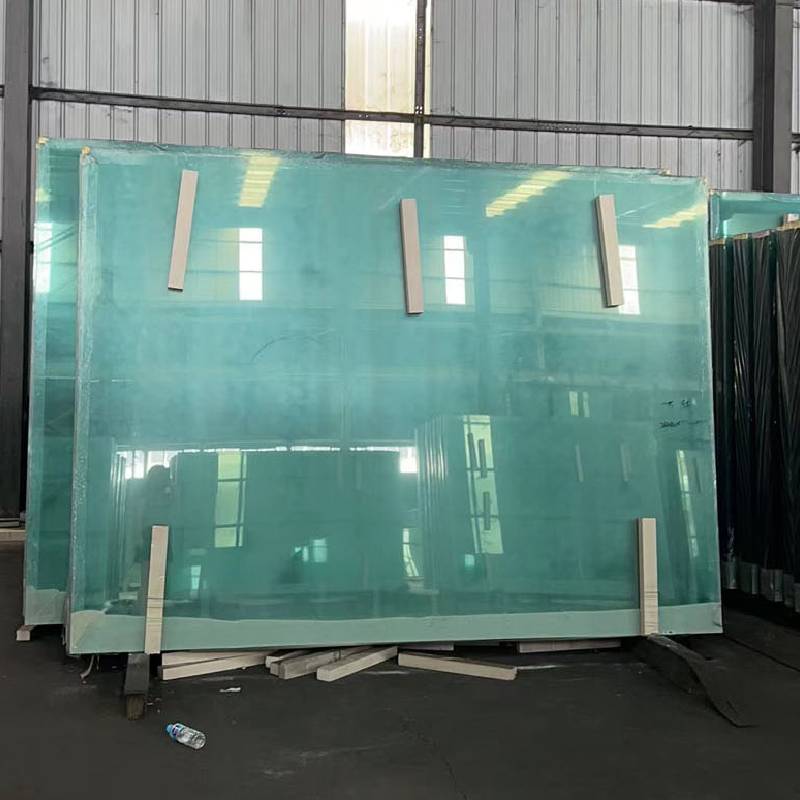Introduction: Clear Float Glass
Clear float glass is the global standard in flat glass manufacturing, widely used in construction, automotive, furniture, and other industries. With technological advancements and architectural innovation, the demand for clear float glass continues to rise worldwide. This article covers industry trends, technical data, common applications, a detailed FAQ, and visualized analytics of key products such as 10 mm plain glass price, 10mm clear glass price, 12mm clear glass price, and 4mm clear float glass.
Product Overview: Clear Float Glass
Clear float glass is produced by combining high-quality sand, natural ores, and chemical materials, then melting them at elevated temperatures. The molten glass flows into a tin bath, where it is spread, polished, and formed into an even sheet. This process ensures a surface with minimal distortion, high optical clarity, chemical stability, and mechanical strength.
Key advantages include: acid, alkali, and corrosion resistance, excellent light transmittance, and suitability for further processing (tempering, laminating, coating, etc.). Explore the product in detail:
Clear Float Glass Product Page.
- Product: Clear float glass
- Thickness Range: 2mm - 22mm
- Common Sizes: 1830×2440mm, 2134×3300mm, Custom cut
- Applications: Curtain walls, doors & windows, partitions, furniture, automotive, etc.
Industry Trends & Market Landscape
The clear float glass industry remains robust, driven by the construction boom, green building mandates, and advancements in glazing technology. According to GlassOnWeb and the Glass Magazine, float glass accounts for over 80% of the world's flat glass market thanks to its quality, versatility, and economies of scale.
Over the last 5 years, the market has seen:
- Significant price fluctuations in raw materials (silica sand, soda ash, energy)
- Increased demand for 10 mm plain glass and specialty thicknesses (4mm, 10mm, 12mm) for safety, energy-efficiency and sound insulation
- Investment in low-iron and high-transparency variants
- Expansion of application in green buildings and smart facades
Technical Parameters of Clear Float Glass
In selecting clear float glass, several technical indicators should be considered, including thickness, visible light transmittance, mechanical strength, and chemical resistance. Below is an overview of industry-standard parameters for key product thicknesses (source: ScienceDirect).
| Specification |
Thickness (mm) |
Density
(g/cm³) |
Light Transmittance (%) |
Bending Strength (MPa) |
Price Range
(USD/㎡) |
| 4mm clear float glass |
4 |
2.5 |
89-90 |
65 |
4.2 ~ 6.5 |
| 10 mm plain glass |
10 |
2.5 |
84-86 |
75 |
10.5 ~ 13.8 |
| 10mm clear glass |
10 |
2.5 |
84-86 |
75 |
11.0 ~ 15.0 |
| 12mm clear glass |
12 |
2.5 |
82-85 |
82 |
16.0 ~ 20.0 |
Clear Float Glass Market Price Trend (2020–2024)
Technical Comparison: 4mm, 10mm, 12mm Clear Float Glass
Market Share by Thickness (Current Data)
Key Applications of Clear Float Glass
Clear float glass is widely applied due to its clarity, flatness, and high processability:
- Architecture: Curtain walls, windows, partitions, doors, skylights, canopies
- Interior: Railings, balustrades, mirrors, decorative glass panels, tables
- Automotive: Vehicle windows, sunroofs, windshields (after laminate/temper)
- Solar Energy: Solar panels, greenhouses (as cover glass)
- Appliance & Electronics: Displays, touch panels, refrigerator doors, lighting
Modern design increasingly demands
10 mm and
12mm clear glass for strength and aesthetics in premium buildings.
Advantages of Clear Float Glass in Modern Architecture:
- High light transmittance, enhancing natural illumination
- Excellent performance in sound proofing (with laminated/insulated units)
- Compatible with numerous glass processing techniques (tempering, coloring, coating)
- Cost-effective for large-area glazings compared to low-iron glass
Clear Float Glass Professional FAQ
Q1: What is the main material composition of clear float glass?
A: The primary ingredients are high-purity silica sand, soda ash (sodium carbonate), limestone (calcium carbonate), dolomite, and cullet (recycled glass). These materials undergo precision mixing to ensure consistency and clarity.
Q2: What are the standard thicknesses and edge finishes available?
A: Standard clear float glass thicknesses range from 2mm to 22mm. Edge treatments can include arrissed (seamed), polished, beveled, or cut to custom specifications.
Q3: What are the typical mechanical and chemical properties?
A: Typical mechanical strength (bending) is 65 - 85 MPa; compressive strength can be upwards of 700 MPa. Float glass is highly resistant to acidic/alkaline corrosion and shows minimal color shift in daylight conditions.
Q4: How is clear float glass priced (e.g., 10mm, 12mm)?
A: Price is mainly a function of thickness, size, quality, and order volume. 10 mm plain glass price is approximately $10.5–$15/㎡, while 12mm clear glass price ranges from $16–$20/㎡ (2024 data).
Q5: What standards and certifications apply?
A: Clear float glass is produced per EN 572 (Europe), ASTM C1036 (USA), and ISO 9050 guidelines, ensuring dimensional precision, optical quality, and performance compliance.
Q6: Can clear float glass be tempered or laminated?
A: Yes, it is the ideal base material for further processing such as toughening (tempering), lamination, mirroring, or coating for energy saving or privacy.
Q7: What are the primary installation and handling requirements?
A: Installation should follow appropriate standards (e.g., EN 1096 for facade glass), allow for thermal expansion, and support the glass perimeter on neoprene blocks. Edges must be protected to avoid chipping or spontaneous breakage.
EEAT Focus: Expertise, Authority, and Trustworthiness
Why Choose Zhuoruiglass for Your Clear Float Glass Needs?
- Over 20 years of manufacturing/supply chain expertise in float glass
- Custom sizing, fast delivery, full traceability, and responsive technical support
- Exported to 50+ countries, with projects featured in iconic architecture
Conclusion
As architectural and industrial applications expand, the strategic choice of high-quality clear float glass ensures safety, aesthetics, and performance for every project.
For the latest trends, specification guidance, or to source 10 mm plain glass, 10mm clear glass, 12mm clear glass at competitive prices, contact Zhuoruiglass via email or WhatsApp.
References:
- GlassOnWeb: Float Glass Industry & Future Trends
- Glass Magazine
- ScienceDirect: Float glass: Properties and Manufacturing
- Glass Performance Days Conference Proceedings
 Afrikaans
Afrikaans  Albanian
Albanian  Amharic
Amharic  Arabic
Arabic  Armenian
Armenian  Azerbaijani
Azerbaijani  Basque
Basque  Belarusian
Belarusian  Bengali
Bengali  Bosnian
Bosnian  Bulgarian
Bulgarian  Catalan
Catalan  Cebuano
Cebuano  Corsican
Corsican  Croatian
Croatian  Czech
Czech  Danish
Danish  Dutch
Dutch  English
English  Esperanto
Esperanto  Estonian
Estonian  Finnish
Finnish  French
French  Frisian
Frisian  Galician
Galician  Georgian
Georgian  German
German  Greek
Greek  Gujarati
Gujarati  Haitian Creole
Haitian Creole  hausa
hausa  hawaiian
hawaiian  Hebrew
Hebrew  Hindi
Hindi  Miao
Miao  Hungarian
Hungarian  Icelandic
Icelandic  igbo
igbo  Indonesian
Indonesian  irish
irish  Italian
Italian  Japanese
Japanese  Javanese
Javanese  Kannada
Kannada  kazakh
kazakh  Khmer
Khmer  Rwandese
Rwandese  Korean
Korean  Kurdish
Kurdish  Kyrgyz
Kyrgyz  Lao
Lao  Latin
Latin  Latvian
Latvian  Lithuanian
Lithuanian  Luxembourgish
Luxembourgish  Macedonian
Macedonian  Malgashi
Malgashi  Malay
Malay  Malayalam
Malayalam  Maltese
Maltese  Maori
Maori  Marathi
Marathi  Mongolian
Mongolian  Myanmar
Myanmar  Nepali
Nepali  Norwegian
Norwegian  Norwegian
Norwegian  Occitan
Occitan  Pashto
Pashto  Persian
Persian  Polish
Polish  Portuguese
Portuguese  Punjabi
Punjabi  Romanian
Romanian  Russian
Russian  Samoan
Samoan  Scottish Gaelic
Scottish Gaelic  Serbian
Serbian  Sesotho
Sesotho  Shona
Shona  Sindhi
Sindhi  Sinhala
Sinhala  Slovak
Slovak  Slovenian
Slovenian  Somali
Somali  Spanish
Spanish  Sundanese
Sundanese  Swahili
Swahili  Swedish
Swedish  Tagalog
Tagalog  Tajik
Tajik  Tamil
Tamil  Tatar
Tatar  Telugu
Telugu  Thai
Thai  Turkish
Turkish  Turkmen
Turkmen  Ukrainian
Ukrainian  Urdu
Urdu  Uighur
Uighur  Uzbek
Uzbek  Vietnamese
Vietnamese  Welsh
Welsh  Bantu
Bantu  Yiddish
Yiddish  Yoruba
Yoruba  Zulu
Zulu 




